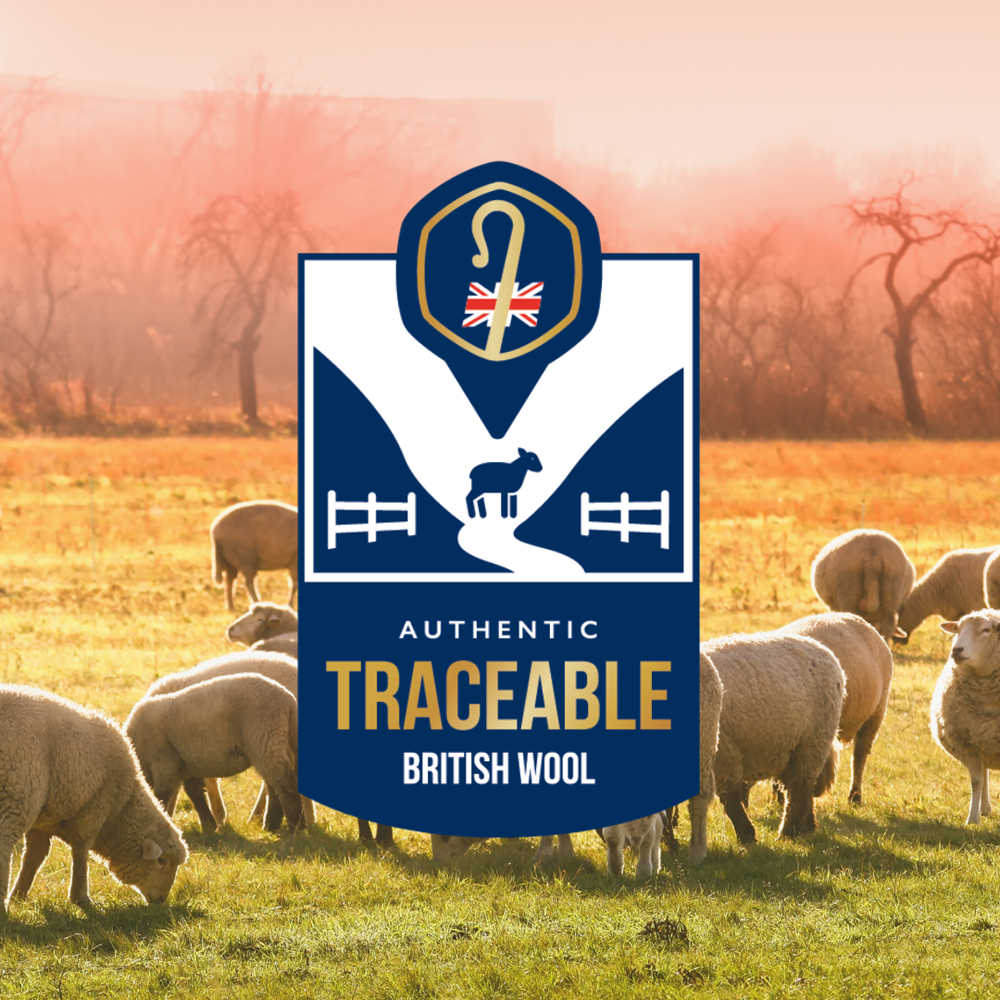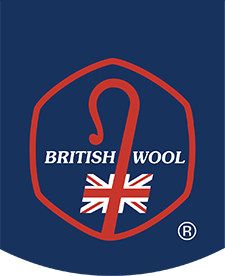British Wool Traceable Scheme – from farm to product
We all know how important traceability is in marketing our produce.
There are three basic reasons why consumers care about product origin:
Ethics – Especially in the fashion industry, the stories of sweatshops are still fresh in our memories. Consumers are increasingly interested in whether a product has been ethically made.
Sustainability – Knowing where a product is manufactured and, in turn, how far it’s travelled to reach you, may mean the difference between making a sale and not.
Quality – Where the product or raw materials are sourced from is one of the most positive of brand attributes.
In 2021, we trialled a pilot scheme that sold 500 tonnes of 100% traceable wool which attracted a significant premium over and above the auction price, with the additional value being returned to British Wool’s members.
Following the successful trial, this year four of our grading depots, handling 65% of wool delivered to British Wool, are processing fully traceable wool. In 2023, our remaining four grading depots will also have the traceable scheme implemented which will mean all wool delivered to British Wool could be sold as traceable to meet the specific demands of the end user.
How do we do it?
On receipt of your wool, we allocate a specific QR code to all your wool sheets. Once the wool is graded each individual grade carries the same unique QR code that links them back to your farm.
Once the individual grades of wool are packed into saleable lots, each lot contains the QR codes of all the farms that produced that wool.
Obviously traceable wool only attracts a premium when the buyer of the wool requires it to be traceable but unless we can offer the wool as traceable this cannot happen. Looking forward we hope that more of our buyers are adding value to their product by selling it as using 100% traceable British Wool.
Being able to offer full traceability makes British wool unique in the world of wool which gives our buyers the confidence that British Wool is leading the way in supplying one of the most sustainable fibres available that can easily be sourced back to its origin of production.


